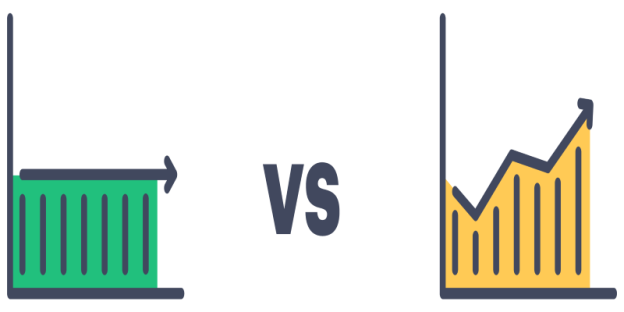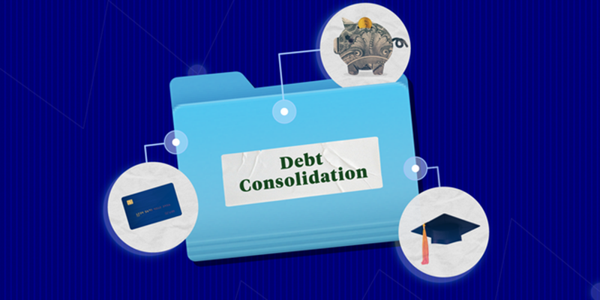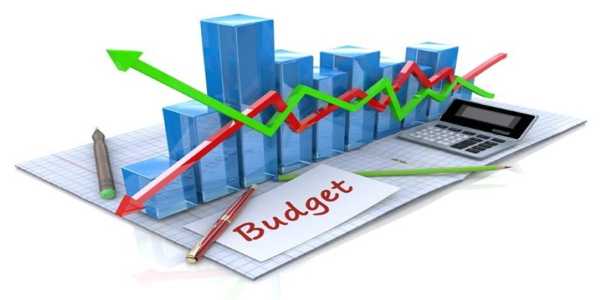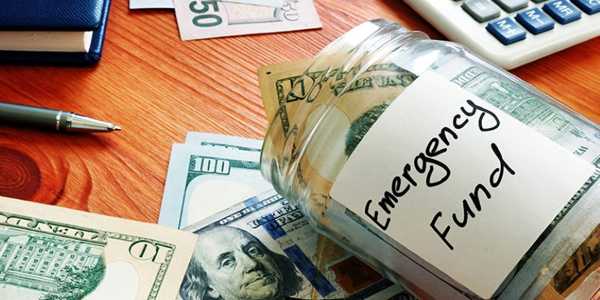What Should You Know Before Taking Out A Personal Loan
Have you ever considered taking out a personal loan but felt unsure about where to start? It could be for consolidating debt, covering an emergency, or even planning a wedding or vacation. Personal loans can feel like a lifesaver—or a trap—depending on how informed you are when making the decision. So, how do you make sure you're on the right side of that equation?
This article breaks down what you need to know before signing on the dotted line. From interest rates and hidden fees to how your credit score plays a starring role, we're unpacking it all, and without the fluff. Let's dive in.
What Exactly Is A Personal Loan?
A personal loan is a lump sum of money borrowed from a lender—usually a bank, credit union, or online lender—that you pay back in fixed monthly instalments over a set period, often between one and seven years. What sets it apart from other types of loans? It's typically unsecured, meaning you don't have to provide any collateral, such as a house or car.
Still, this doesn't mean it's free of consequences if you default. Late payments can significantly harm your credit, and failure to repay can result in collections and long-term financial difficulties.
How Important Is Your Credit Score?
Very. Your credit score is like your financial fingerprint—it tells lenders how risky it is to lend you money. The higher your score, the more likely you are to qualify for a loan with a lower interest rate. A low score doesn't necessarily disqualify you, but it may result in higher premiums over time.
Let's say you take out a $10,000 loan. With excellent credit, your interest might be around 7% annually. With fair credit, it could jump to 18% or more. That's thousands of dollars in extra interest payments over the life of the loan.
Before applying, check your score with a free credit report service and make any minor improvements you can, like paying down credit card balances or correcting errors on your report.
Fixed Rate Or Variable Rate—What’s The Difference?
When choosing a personal loan, you’ll likely be offered a fixed or variable interest rate.

Fixed-rate loans lock in the interest rate for the entire term of the loan. Your monthly payments remain consistent, making budgeting easier.
Variable-rate loans may start at a lower rate but can fluctuate over time in response to changing market conditions. This unpredictability can work in your favour or backfire depending on how rates shift.
For individuals who value stability, fixed rates are generally the safer option. However, if you plan to repay the loan quickly and are willing to accept some risk, a variable rate may offer savings upfront.
What Fees Should You Look Out For?
Many borrowers focus solely on the interest rate and overlook fees, which can quickly add up. Here are the ones that often catch people off guard:
Origination Fee
This is a one-time fee (often 1–6% of the loan amount) charged for processing the loan.
Prepayment Penalty
Some lenders charge you for paying off your loan early—yes.
Late Payment Fee
These can be steep and affect your credit score if you're not careful.
Check Processing Or Paper Statement Fees
They might sound small, but they add up, especially if they’re monthly.
The smart move? Always read the fine print and ask questions before making a commitment.
How Do You Know If A Loan Offer Is Legit?
Online lenders are more prevalent than ever, but not all of them operate fairly. Before applying, research the lender. Check reviews, look for complaints with consumer protection agencies, and confirm they're registered to operate in your state.
Red flags include promises of "guaranteed approval" without a credit check, requesting payment upfront, or pressuring you to make a decision quickly. If something feels off, it probably is.
How Much Should You Borrow?
It's tempting to borrow more than you need, especially when you qualify for a higher amount. However, remember that every dollar you borrow comes at a higher interest cost. Start by calculating the exact amount you need and why you need it. Then, ensure that the monthly payment fits comfortably within your budget.
Ask yourself: Will this loan improve my financial situation, or will it exacerbate an existing problem? If it's the latter, it might be worth reconsidering.
What Happens If You Miss A Payment?
Missing just one payment can result in late fees and negatively impact your credit score. If you fall more than 30 days behind, the lender may report the delinquency to the credit bureaus. Fall too far behind, and your account could be sent to collections.

If you miss a payment, please get in touch with your lender before the due date. Some offer short-term hardship programs or deferment options to help you avoid severe penalties.
How Can You Make Repayment Easier?
Here are a few ways to stay on top of your loan:
Set Up Autopay
Many lenders even give a small rate discount for doing this.
Budget Your Payments
Adjust your monthly budget so your loan payment is treated like a fixed bill.
Round Up Payments
Paying a little extra each month can shave off months or even years from your loan term.
Staying consistent is the key to success.
Is A Personal Loan Right For You?
That depends on your financial goals. Personal loans can be a helpful tool if you’re using them to reduce high-interest debt, handle a necessary expense, or improve your overall financial health. But they aren’t a cure-all.
Think long-term. Will this loan put you in a better place six months or a year from now? If the answer is yes, it might be a move worth making.
Making A Smart Borrowing Decision
Taking out a personal loan is a big decision—one that can either help you gain control or leave you struggling to keep up. That's why it pays to go in with your eyes wide open. Know your credit score, understand all the associated costs, and select a reputable lender that meets your needs.
When used wisely, a personal loan is more than just borrowed money; it can be a valuable financial tool. It's a financial tool that can help you move forward with purpose and confidence.







